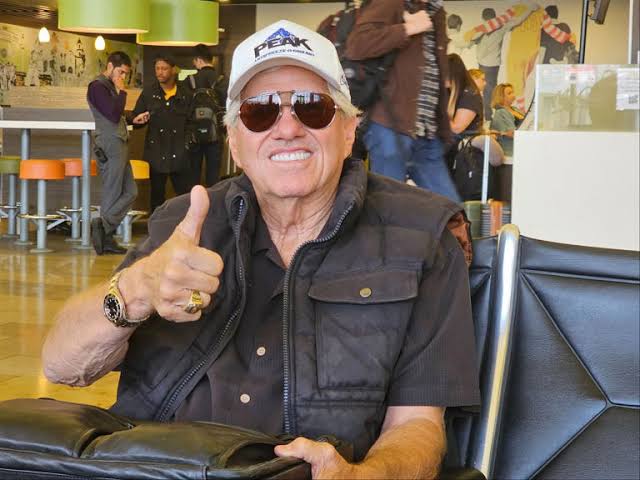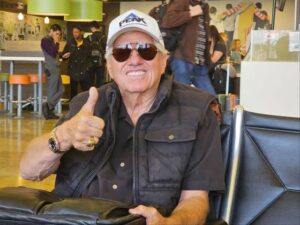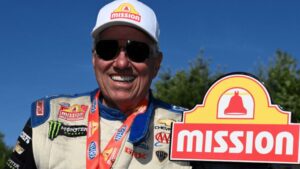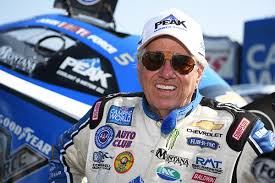
John Force’s recovery from a traumatic brain injury is a testament to his strength and the power of support from those around him.
John Force, a celebrated figure in the world of drag racing, has been on a challenging journey of recovery following a traumatic brain injury. Force, widely known for his remarkable career in the NHRA (National Hot Rod Association), has faced a significant health crisis that has tested his resilience and determination.

In recent times, John Force’s life took an unexpected turn when he suffered a severe traumatic brain injury. This injury, typically resulting from a violent impact or jolt to the head, can have profound effects on cognitive and physical functions. The trauma not only disrupts normal brain activity but also can lead to long-term complications that impact a person’s quality of life.
For someone like John Force, who has been a dominant force in drag racing, the injury has brought about a dramatic shift in his daily life. Known for his larger-than-life personality and unmatched competitive spirit, Force’s injury has not only affected him physically but has also posed a challenge to his emotional and mental well-being.
The recovery process for traumatic brain injuries is notoriously complex and requires a multifaceted approach. In Force’s case, the road to recovery involves a combination of medical treatment, rehabilitation therapies, and personal adjustments. Immediate medical care is crucial, and Force has likely been under the supervision of a team of specialists who focus on neurorehabilitation. This may include neurologists, neuropsychologists, and physical therapists who work together to address various aspects of his recovery.
Rehabilitation for traumatic brain injury often involves physical therapy to regain motor skills and strength, occupational therapy to assist with daily living activities, and cognitive therapy to help with memory, attention, and problem-solving skills. Each of these therapies plays a vital role in helping patients recover as much functionality as possible. For Force, this means dedicating significant time and effort to these therapies, which can be both physically and emotionally demanding.
In addition to professional medical care, emotional support from family, friends, and fans plays an essential role in the recovery process. The psychological impact of such an injury can be substantial, leading to feelings of frustration, anxiety, and depression. Force’s strong support network, including his close family members and his dedicated fan base, provides a crucial source of encouragement and motivation.
John Force’s recovery is not just about overcoming physical challenges but also about adapting to a new reality. His iconic status in drag racing and his history of triumphs make this period particularly poignant. The injury has forced him to pause and reflect, transitioning from a life of high-speed competition to one of slow and steady recovery.
The drag racing community and fans worldwide have rallied around Force, demonstrating their unwavering support. His resilience and the positive energy from those around him contribute significantly to his recovery journey. The collective hope and encouragement serve as a testament to the impact Force has had on the sport and the people who admire him.
Looking ahead, the path to recovery for John Force is likely to be long and filled with challenges. However, his history of overcoming obstacles and his sheer determination suggest that he will face this new challenge with the same tenacity that defined his racing career. His recovery journey will be closely followed by fans and peers alike, who are hopeful for his full return to health.
In summary, John Force’s recovery from a traumatic brain injury is a testament to his strength and the power of support from those around him. As he navigates this difficult period, the combined efforts of medical professionals, his personal determination, and the encouragement from his community will play a critical role in his rehabilitation. The road ahead may be uncertain, but Force’s resilience and the support he receives offer hope for a positive outcome.







